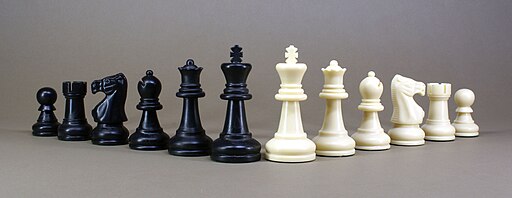Poly Means Many: There are many aspects of polyamory. Each month, the PMM bloggers will write about their views on one of them. Links to all posts can be found at www.polymeansmany.com.
There is a word I use a lot when describing how I try and approach life in general and when it comes to polyamory and my relationships it’s definitely something I focus on.

Balance
With multiple relationships at play, when it comes to making decisions things need to try and be fair and reasonable to everyone concerned. That’s not to say that every decision is always what everyone wants, but hopefully we are all having our needs met as best can be expected. In short, you can’t make everyone happy all the time (but I’ll be damned if I don’t try!).
Time is the most obvious factor but when you start to include events it can start to get a little more interesting. Take the following scenario, you’ve been invited to an Engagement Party with a “plus one”. How do you decide who to take? Well, availability is obviously part of the decision-making process but if both your partners are available how do you choose? (and yes, I’m aware of the monogamy versus polyamory paradox here).
These decisions are emotional. They come loaded with shades of FOMO and possible jealousy, or may trigger thoughts of ‘second best’ (depending on your dynamic). Do you keep track of such things with a view to evening things out? Perhaps not as that then brings in hints of ‘scores’.
Decisions and Polyamory
With all that in mind, within the various dynamics of polyamory, how do you make decisions?
Communication is key I think and, if possible for it can be very hard to remove emotion from such things, a level of pragmatism and logic can help. There also have to be some tacit understandings that come with being part of a polyamorous relationship, namely that at times decisions need to be made but they are never, ever, made with malice.
There may also need to be agreement that decisions (and plans) can change. Nothing is absolute no matter how hard we try.
When it comes to making decisions, it’s not something I struggle with day-to-day. I’m fairly decision focused and will make them quickly and, at times, wrongly, but in my mind a decision has been made. However, I’m aware that my partners can be decision averse so I try and tread lightly, making sure I explain my thoughts and reassuring them that I’m only making a decision because one needs made. On the whole though, we try and make decisions on things which will impact everyone as one unit and, so far, we seem to be muddling through, with our interpretation of how polyamory works, pretty well.




